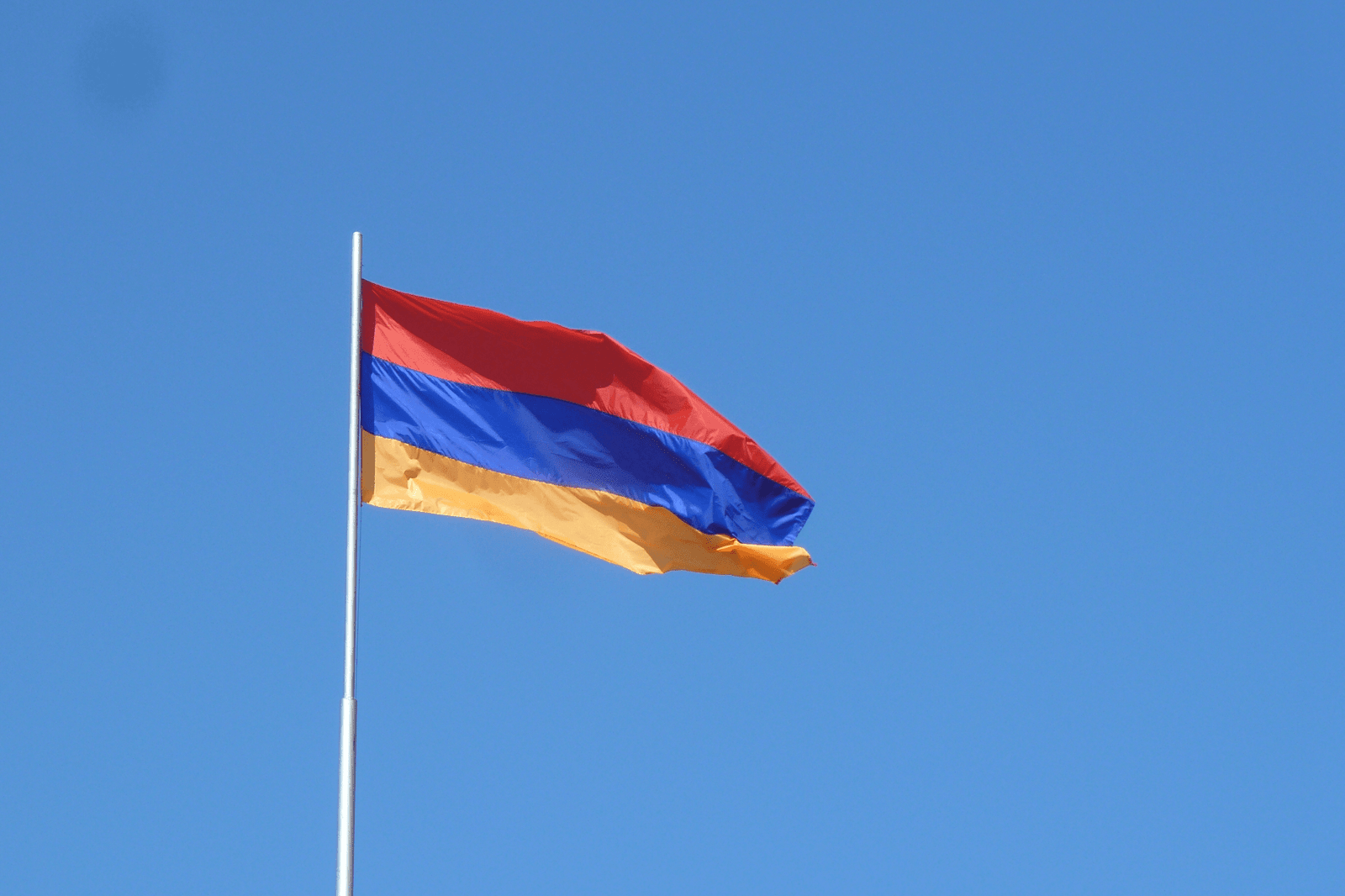In the columns of Le Vif, Mr. Sébastien Boussois committed a carte blanche on March 1 entitled “’ArmeniaGate’ in sight? Europe needs to clean up its friendship groups”.
The article , otherwise rather confusing, mainly makes two accusations. The first is that an organization called FEAJD [1] is guilty of corruption with European parliamentarians. The second is that its president, Mr. Kaspar Karampetyan, a diamond dealer, is involved in illegal trafficking in “blood diamonds”. The intention of the author is clearly to suggest that after the Qatargate scandal, we are about to discover a similar scandal concerning Armenia.
However, these accusations are baseless. The article is even a textbook case of misinformation.
A careful reading of the article will indeed allow the reader to understand first of all that the accusation of corruption of parliamentarians is only suggested rather than formulated, and that it is never substantiated. Thus the title is followed by a cautious question mark. Further down, Boussois quotes an MEP convicted of corruption, Eva Kaïli, and indicates that she “would have acted [also] on behalf of other countries including Armenia […]” . Here, the verb is in the conditional and, as everyone knows, Ms. Kaili’s indictment makes no reference to Armenia. This is mere speculation. Whatever, Boussois continues its momentum by suggesting that the parliamentarians who signed a text that Ms. Kaïli also signed would be guilty by association.
The string seems a little big, but this type of amalgam is nevertheless the mainspring of the article. The accusation against Mr. Karampetyan is less cautiously worded, but it is no less fanciful. In this matter, it is up to the victim himself to correct this slander, so I will not expand further here on this subject.
If the article does not provide any evidence of the accusations it formulates or insinuates, the links inserted in the text are also unrelated to the accusations of corruption advanced, with the exception of one: an article published in a newspaper in Azerbaijan which draws up a fanciful biography against Mr. Karampetyan. This reference is an admission. Need we recall here that the press in Baku is under the orders of President Aliyev, and that it has long been unleashed against the Armenians? Azerbaijan is also ranked 154th in the world ranking of press freedom compiled by Reporters Without Borders, between Belarus and Russia.
I interviewed Mr. Boussois on the telephone , with his consent, on behalf of the “Belgahay” radio station. I was able to ask him where these accusations came from and Mr. Boussois admitted that he has no information: “we are not talking about specific elements related to corruption”, he concedes. Or again: “I am not saying at this stage that the federation and the friendship group water the MEPs, I am asking the question”. The rest is in keeping.
So, end of the episode, we close the file? Not so fast, there are still lessons to be learned from this case. This type of article plays an important role in mounting disinformation campaigns. Thus on March 3, only two days after the publication of the article in Le Vif, a newspaper in Azerbaijan resumed the affair, under the title: “New Corruption Scandal ‘ArmeniaGate’ Brewing in Europe”, a revelation which it attributes at VIF [2] . This is how, by quoting each other, the media can contribute to inventing a parallel reality.
However, these campaigns most often have nothing spontaneous about them : they are orchestrated by international consulting firms. In a report on the lobbying of dictatorships in Brussels, the European NGO Corporate Europe recently cited the firms Consultum Communications, Glocal Communications, CSM Strategic and Burston Marsteller among those who put themselves at the service of Azerbaijan [3 ] .
Of course, disinformation campaigns are only one part of an influence strategy. The specialized NGOs OCCRP, ESI, ECLJ, Corporate Europe, among others, exposed large-scale corruption which they dubbed “Caviar Diplomacy” and then “the Azerbaijani Laundromat” and which was echoed in the media at the time [ 4] . Azerbaijan is therefore one of the worst examples of large-scale corruption in Europe and, failing to be able to rebuild its reputation, this country is trying to wet its rival, Armenia, according to the principle of “all rotten”.
The mere publication of an accusation of this type in a reputedly serious journal could suggest that it was based on a legitimate suspicion, if not on the beginning of proof. This was not the case, and the reader can only be warned against misinformation, including in the most unexpected places.
Source: levif











Add Comment